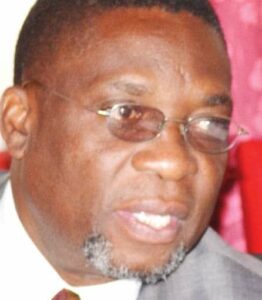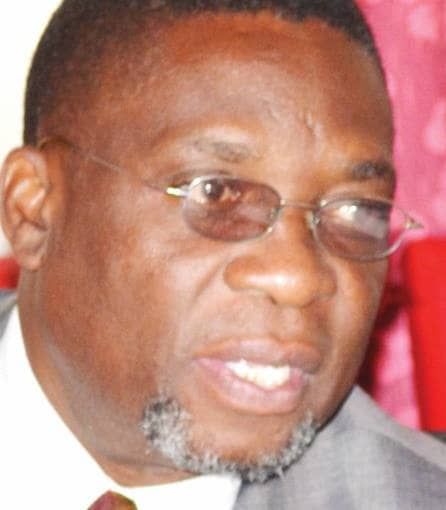By Burnett Munthali
Veteran politician Kamlepo Kalua has claimed that Malawi’s misfortunes as a nation began as far back as 1964, when its citizens allegedly chose the wrong leadership at the dawn of independence.
According to Kalua, the people of Malawi side-stepped the genuine freedom fighters such as Orton Chirwa, William Kanyama Chiume, Manowa Chirwa, and others, and instead entrusted power to someone he calls an “imposter.”
He believes that this fateful decision marked the beginning of a national curse that continues to haunt Malawi to this day.

Kalua further stated that during the push for multiparty democracy in the early 1990s, it was not Bakili Muluzi who carried the torch of democratic struggle, but rather the likes of himself, Chakufwa Chihana, and the Jiya family who were in exile.
He argued that Malawi made yet another mistake by choosing Bakili Muluzi, whom he described dismissively as “a man just walking down the street,” to lead the country’s democratic transition.
Turning to the 2020 political change, Kalua said it was not President Lazarus Chakwera who fought for the transformation Malawians witnessed.
He named Bantu Saunders Jumah, Dr. Haswel Bandawe, and Moses Kunkuyu as the real catalysts for the 2020 shift, accusing Chakwera and Vice President Saulos Chilima of conveniently forgetting these individuals after securing power.
Kalua criticized the current leadership for offering only a token ministerial role to Timothy Mtambo while disregarding the broader network of contributors to democratic change.
He asserted that the country’s failure to recognize and reward its true heroes is a fundamental reason Malawi continues to stagnate and remain underdeveloped.
Kalua posed a rhetorical question: where are these people now—Frank Jiya, himself, Timothy Mtambo, Bantu Saunders Jumah?
He pointed out that those who contributed nothing to the country’s liberation now enjoy luxurious lives, traveling in first-class flights and living lavishly abroad in countries like Nigeria and Spain.
Meanwhile, he lamented, the true heroes are either forgotten or left to suffer in silence.
Kalua praised Namibia for establishing a special fund to support its veterans, ensuring that those who fought for freedom live dignified lives.
He noted that Namibia even honors those who died under unclear or politically motivated circumstances.
In contrast, he accused Malawi of rewarding only the relatives, girlfriends, and spouses of those in power—people who know nothing about the hard-fought struggle for freedom.
He highlighted the bitter irony that those who shed blood and sweat for Malawi’s freedom are sidelined while others feast on the benefits.
Kalua passionately invoked the names of fallen nationalists whose spirits, he said, are restless—questioning whether they died in vain.
He cited martyrs such as Yatuta Chisiza, Atati Mpakati, Masauko Chipembere, Orton Chirwa, Manowa Chirwa, Dunduzu Chisiza, Dick Matenje, Charles Matinga, Aaron Gadama, Twaibu Sangala, and David Chiwanga.
He added that many of their remains still lie unaccounted for in rivers and dams across the country.
Kalua warned that Malawi will never know peace as long as it continues to ignore and dishonor its true patriots.
He attributed the recurring challenges in national leadership—including what he termed “State-House-paralysis”—to the spiritual consequences of failing to reconcile with the past.
He claimed that those who enter the State House start off with great strength but are quickly overwhelmed by a mysterious “mallytis of governance.”
Kalua concluded with a fervent prayer that in a future election, Malawians will finally awaken to elect a leader who will honor the fallen heroes, heal national wounds, and lead the country toward true prosperity.
He believes that only through such a reckoning can Malawi break free from the curse that has held it back for decades.



